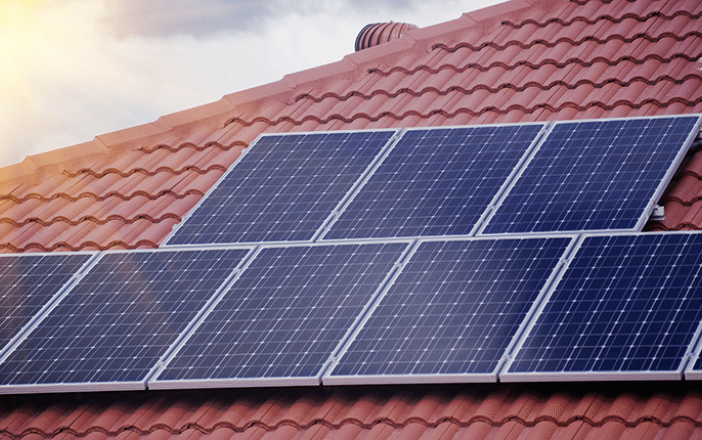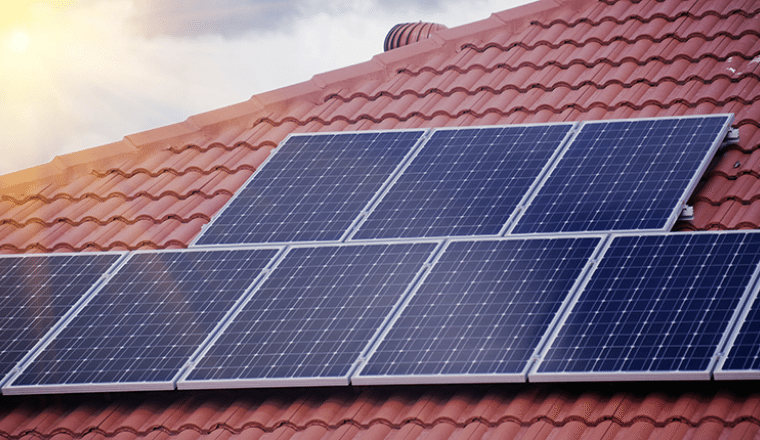
 Rooftop solar retailers and installers in Victoria are on notice from industry regulators and the state’s consumer watchdog, with the establishment of a new taskforce to help monitor the rollout of the Labor government’s $60 million home solar rebate.
Rooftop solar retailers and installers in Victoria are on notice from industry regulators and the state’s consumer watchdog, with the establishment of a new taskforce to help monitor the rollout of the Labor government’s $60 million home solar rebate.
Solar Victoria, the Latrobe Valley-based agency tasked with rolling out the Solar Homes program, said on Tuesday it had enlisted the help of Consumer Affairs Victoria, to help combat high-pressure sales tactics, inaccurate marketing and poor service as the scheme takes off.
Other regulators, including WorkSafe, Energy Safe and the Victorian Building Authority, would have a focus on safety and enforcing “long standing OHS and electrical safety requirements,” Solar Victoria said.
The new focus on safety and consumer protection follows up on Solar Victoria’s warning, last month, against “scammers and inaccurate marketing” by rooftop PV cowboys pushing dodgy products and trying to cash in on the scheme.
As we reported, the 50 per cent rebate – which opened for applications last month – has drawn a huge response from consumers, attracting more than 12,000 registrations of interest in its first week and a “flood of inquiries” since it was announced.
Amid this success, however, have been reports of “cold calling,” including by companies masquerading as representatives of Solar Victoria, and the use of misleading and potentially fraudulent marketing techniques.
In a statement on Tuesday, Solar Victoria Solar COO, Jonathan Leake, said that, compared with the number of installations, the number of complaints they had received were “relatively few,” but that this number could rise.
Leake urged consumers to use retailers signed up to the Clean Energy Council’s Solar Retailer Code of Conduct, designed to lift standards in the solar industry.
As it stands, it is a requirement of the Solar Homes rebate program that installers are CEC accredited, and use panels and inverters approved by the CEC.
“This program is helping Victorians to significantly reduce their energy costs, but we won’t tolerate those who are fraudulently taking advantage of vulnerable people,” Leake said.
“This is a growing industry, and while most people in it will always do the right thing, others are
undermining the good operators and community confidence.
Leake also sought to remind consumers that only Solar Victoria could confirm someone’s eligibility for a rebate, or the eligibility of installers, and that households looking to take part in the scheme needed first to register their details at solar.vic.gov.au.
Leake also stressed, again, that Victorian government agencies would “never” ask for personal details, such as banking information over the phone.
“We do not endorse any company which is engaged in cold-calling or going door-to-door to drum-up business. Anyone suggesting they are associated with the government isn’t
telling the truth,” he said.
“Getting the best deal is about educating yourself, asking questions and being vigilant. There’s no rush, and any pressure to pay a deposit, or worse – the full price – should set alarm bells ringing”.
“Consumers should talk to neighbours, friends and family who have recently installed solar systems, find out who they’ve dealt with or speak to your energy company or well-known providers.”
Consumer Affairs Victoria Director, Simon Cohen, said consumers had 10 full business days to
reconsider agreements made as a result of uninvited telemarketing or door-to-door sales.
“The cooling-off period gives consumers time to ensure they are happy with the decision and that they have all the information needed to make a good choice.”
“It begins on the first business day after the agreement is made. If the consumer cancels the agreement, there’s no penalty.”

Sophie is editor of One Step Off The Grid and deputy editor of its sister site, Renew Economy. Sophie has been writing about clean energy for more than a decade.



